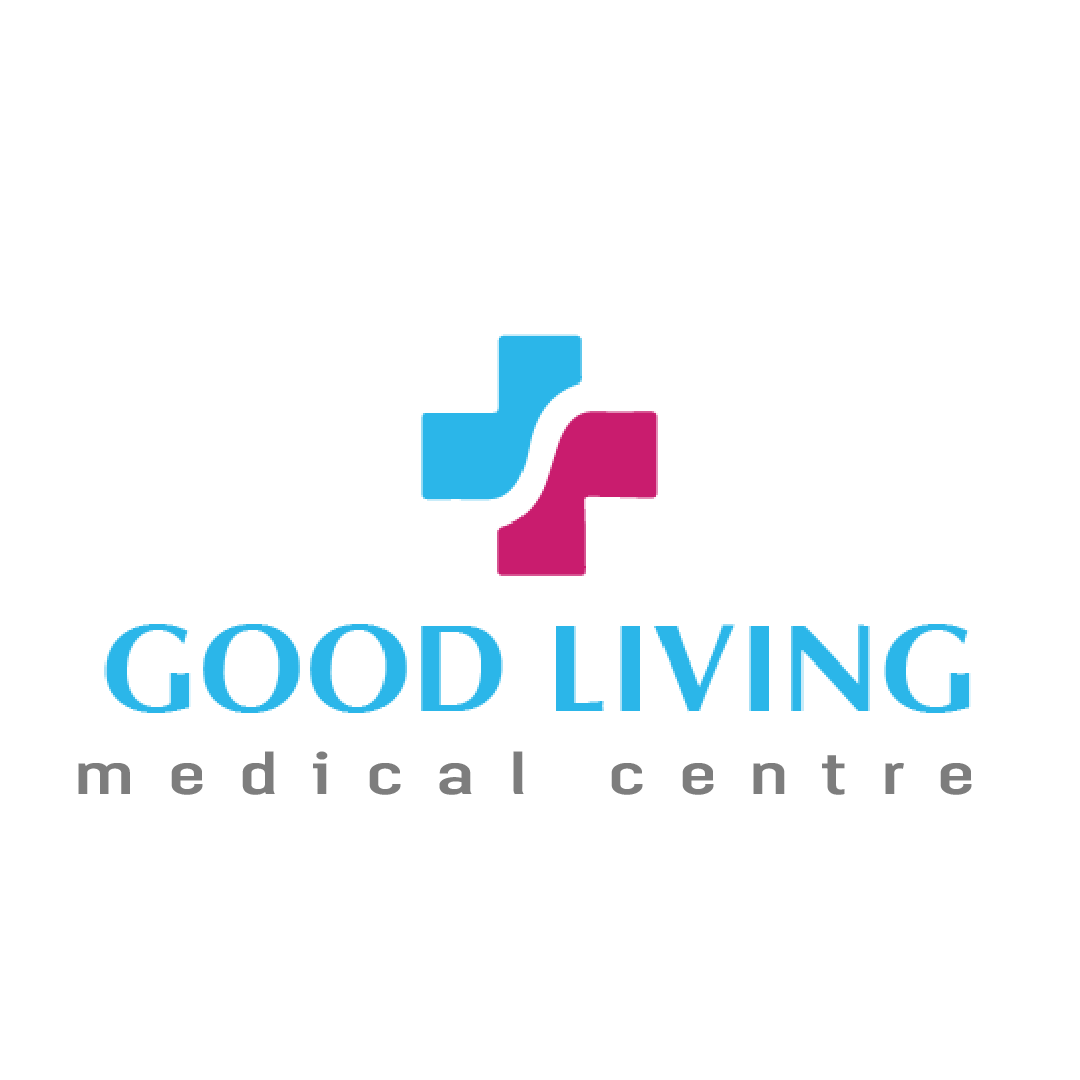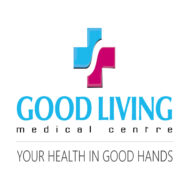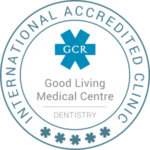Depression

Depression
Depression is one of the most commonly seen mental health disorder seen all over the world. Depression is a disorder or mood swing characterized by frequent, persistent feeling of sadness and loss of interest in all the daily routine of life. Though it’s a mental disorder, it affects overall physical well being. Depression causes difficulty in personal, family, occupation, social, educational and other areas of functioning.
Causes
There are many causes that result in depression. Stressful events like unemployment, loss or death of loved ones, relationship breakdown, repeated failures in events or exams or interviews, sexual abuse, natural disaster, etc are some of the common causes of depression. In women, most commonly seen after childbirth is postnatal depression and in some cases, during pregnancy also noted. Depression in younger ages or kids mainly due to physical abuse, sexual abuse, neglect, social neglect, unequal parental treatment of siblings. These factors can sustain depression lifelong. Non-psychiatric illness like cancer, certain cardiovascular diseases, Parkinson s disease, Addison s diseases, diseases of the thyroid such as hypothyroidism and hyperthyroidism, nutritional deficiencies and stroke can cause depression. The other causes of depression are alcohol and drugs, personality, hereditary.
Symptoms
Feeling sad is normal, healthy part of life. But frequent persistent feeling of sadness is not normal. The signs and symptoms of depression are
- Feeling of sadness, hopelessness or guilt
- Loss of interests in all daily activities and hobbies
- Feeling of restlessness, irritability and frustration
- Persistent anxiousness, sadness, holding up emotions and not letting up
- Difficulty in sleep, early morning routine or oversleeping
- Decreased energy, fatigue or feeling slowed down
- Changes in appetite or unplanned weight loss
- Difficulty in concentrating, planning events and remembering events or tasks
- Facing different levels of aches and pains in the body such as headache, digestive tract issues without a clear problem and it doesn’t require treatment.
- Feeling of suicidal attempt in severe cases.
The above mentioned each sign and symptom need not be seen in every individual. It differs from person to person and also based on the cause and severity.one of he main complication of depression is attempting suicide. It is always to better to get it treated at the earliest.
Types of depression
- Clinical depression: seen with all signs and symptoms with a major cause.
- Persistent depressive disorder: mild but long duration of depression usually caused by personality or neglect or childhood factors.
- Postpartum depression: seen in women after childbirth
- Antenatal depression: seen during pregnancy.
- Bipolar disorder: This is characterized mood swing from depressive lows to high maniacs.
- Melancholia: severe form of depression with physical signs and symptoms and needs treatment and monitoring.
Treatment
The earlier it is treated, the more effective will be the prognosis. The major goal is to completely explaining the signs and symptoms by the caretaker or self to the healthcare provider and also finding out the cause by completely elaborating the lifestyle and history to the psychologist. The healthcare provider based on the cause and symptoms and severity shall start the treatment that involves antidepressants, food and lifestyle modification if needed and psychotherapy. In severe cases, electroconvulsive therapies and other brain stimulation therapies are the options available.




